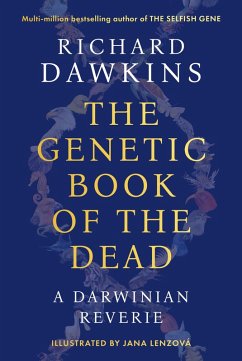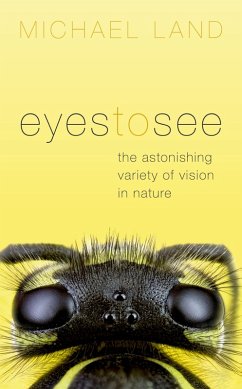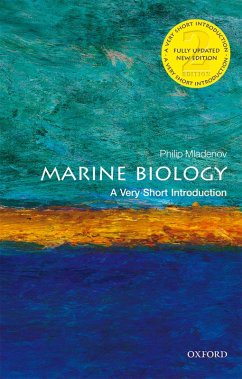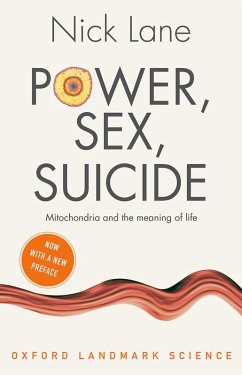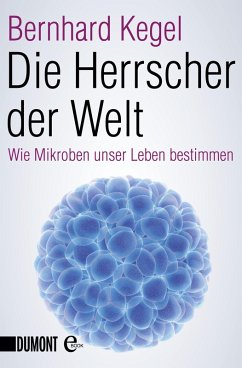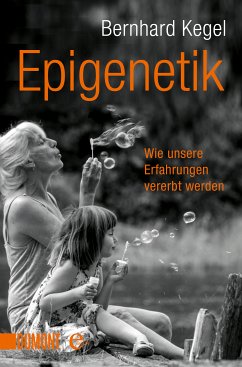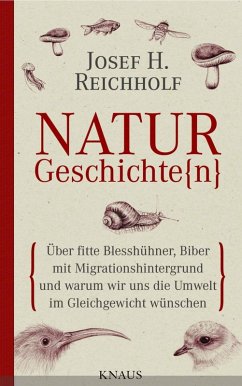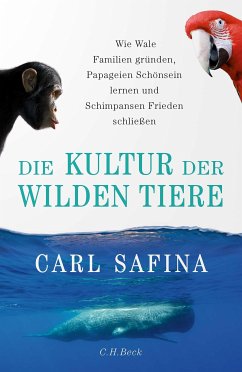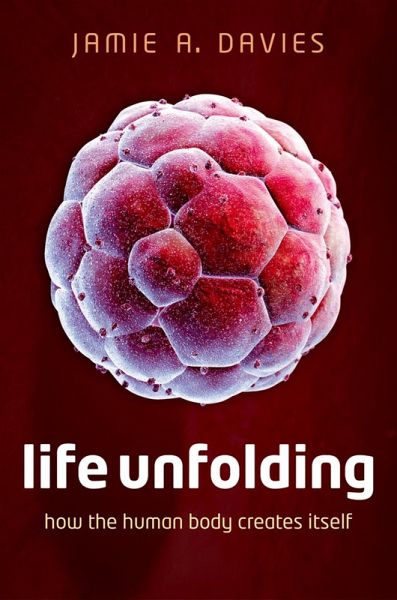
Life Unfolding (eBook, ePUB)
How the human body creates itself
Versandkostenfrei!
Sofort per Download lieferbar
9,95 €
inkl. MwSt.
Weitere Ausgaben:

PAYBACK Punkte
5 °P sammeln!
Where did I come from? Why do I have two arms but just one head? How is my left leg the same size as my right one? Why are the fingerprints of identical twins not identical? How did my brain learn to learn? Why must I die? Questions like these remain biology's deepest and most ancient challenges. They force us to confront a fundamental biological problem: how can something as large and complex as a human body organize itself from the simplicity of a fertilized egg? A convergence of ideas from embryology, genetics, physics, networks, and control theory has begun to provide real answers. Based o...
Where did I come from? Why do I have two arms but just one head? How is my left leg the same size as my right one? Why are the fingerprints of identical twins not identical? How did my brain learn to learn? Why must I die? Questions like these remain biology's deepest and most ancient challenges. They force us to confront a fundamental biological problem: how can something as large and complex as a human body organize itself from the simplicity of a fertilized egg? A convergence of ideas from embryology, genetics, physics, networks, and control theory has begun to provide real answers. Based on the central principle of 'adaptive self-organization', it explains how the interactions of many cells, and of the tiny molecular machines that run them, can organize tissue structures vastly larger than themselves, correcting errors as they go along and creating new layers of complexity where there were none before. Life Unfolding tells the story of human development from egg to adult, from this perspective, showing how our whole understanding of how we come to be has been transformed in recent years. Highlighting how embryological knowledge is being used to understand why bodies age and fail, Jamie A. Davies explores the profound and fascinating impacts of our newfound knowledge.
Dieser Download kann aus rechtlichen Gründen nur mit Rechnungsadresse in A, B, BG, CY, CZ, D, DK, EW, E, FIN, F, GR, HR, H, IRL, I, LT, L, LR, M, NL, PL, P, R, S, SLO, SK ausgeliefert werden.





